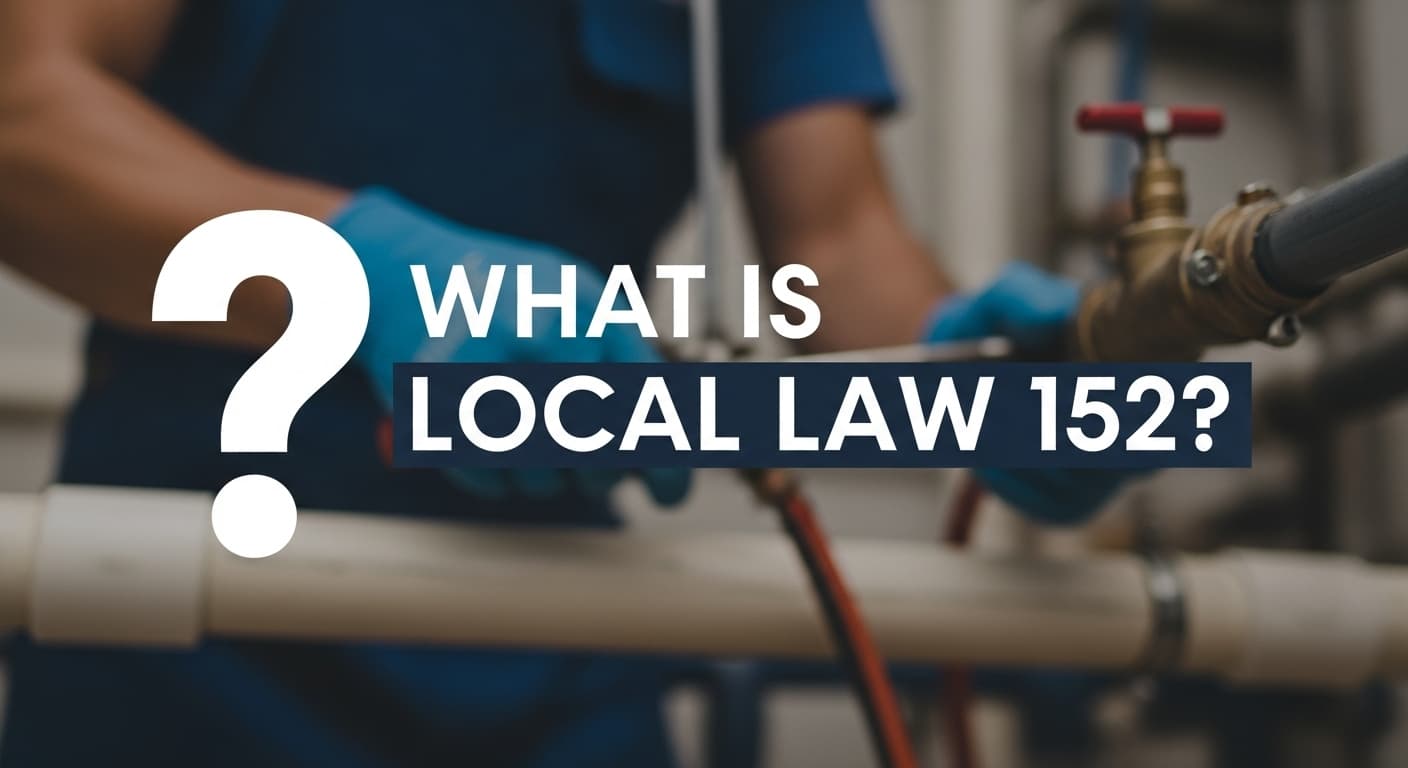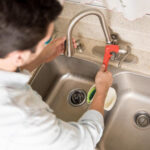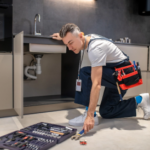If you are living in New York City, you’ve probably heard about gas inspections, building safety standards, or something called Local Law 152. This may appear to be just another regulation, but it has an impact on almost every building owner, landlord, and tenant in NYC. So, what is Local Law 152 NYC, and why was it created? Let us discuss it on this blog.
What is the Story Behind Local Law 152
To understand, we need to go back a bit. Serious safety concerns prompted the passing of this law. Several gas-related catastrophes have happened in New York City over the years, causing property damage and deaths. These tragic events alarmed communities and raised worries about the safety of the city’s gas systems.
That’s when the city decided to act. Local Law 152 became law in 2016 as part of the safety package known as Local Laws 150-157. The goal is to ensure that every building’s gas piping system is inspected, maintained, and safe for everyone who lives or works there.
What is the Main Purpose of Local Law 152
Local gas leaks are dangerous. They can start fires, explode, and pose major health risks. Even a minor leak may quickly turn into a serious issue if not addressed. That’s why the city designed a system to ensure that certified professionals inspect gas lines regularly. The main objectives are to:
- Protect tenants and residents from gas hazards.
- Maintain building safety by preventing disasters.
- Promote proper gas piping maintenance.
- Hold property owners liable for gas system safety.
How the Inspection Works
Now let’s look at how Local Law 152 works. The law requires all buildings with gas piping systems to have a gas piping inspection every four years. This is what property owners should do:
- Hire a Licensed Master Plumber (LMP) – A professional licensed and qualified to inspect gas lines must perform the inspection.
- Schedule the Inspection – Every community district in NYC has its own inspection cycle. That means buildings in certain areas are scheduled for specific years.
- Get a Detailed Report – The plumber will inspect the exposed gas piping for leaks, corrosion, and other harmful issues.
- File a Certificate with the Department of Buildings (DOB) – After the inspection, the plumber must provide a certification report to the DOB within 60 days.
If a dangerous condition is discovered, it must be immediately reported to the building owner, gas utility company, and DOB.
What Happens If You Don’t Comply
If you fail to follow Local Law 152, you will face consequences, like most city regulations. Failure to file an inspection certification on time may result in fines of up to $10,000.
More than the financial penalty, ignoring the inspection puts everyone in danger. A hidden gas leak could easily turn into a disastrous emergency. So, while some property owners may think Local Law 152 is just another city obligation, it is an important step in keeping homes and businesses safe.
Common Questions People May Have
Does my building need an inspection?
If your building has a gas pipe system, then sure. Every four years, a licensed master plumber must inspect it. The only exceptions are structures without gas lines and family houses without gas service.
How will I know when my inspection is due?
The New York City Department of Buildings has divided the city into districts with rotating inspection years. To find your schedule, visit the DOB website or contact a professional plumber.
What if my building doesn’t use gas?
If your building has no gas piping, you still need to file a Certification of No Gas Piping to prove this fact.
Who pays for the inspection?
Usually, the building owner covers the inspection fees. But in some cases, co-ops and condo buildings may share costs.
What if issues are found during inspection?
If a dangerous threat is discovered, it must be notified and corrected before gas service can continue. Once the repairs are complete, the plumber will provide another certification.
How to Stay Compliant
Maintaining compliance with Local Law 152 does not have to be challenging. A few easy steps can help you avoid fines and guarantee everyone’s safety:
- Keep track of your inspection schedule. Mark it on your calendar or set reminders to avoid missing the filing deadline.
- Work with licensed professionals. Only Licensed Master Plumbers can perform and file these inspections, so always check credentials.
- Repair problems right away. If your inspection discovers a problem, do not postpone repairs. The sooner you act, the safer your structure stays.
- Stay organized. Keep copies of reports, repair records, and certifications in case the city requests documentation.
Why Local Law 152 is Important
Local Law 152 represents a city taking proactive steps to improve safety and accountability. Many gas systems were unchecked for too long, which resulted in devastating consequences. NYC is creating a culture where safety is expected rather than just an option by means of regular inspections.
The law helps identify old or outdated gas infrastructure that might go unnoticed. In a city with many older buildings, preventive upkeep can help prevent tragedies before they happen.
So, when someone asks, “What is Local Law 152, NYC?” Tell them that it is a law that keeps people safe, safeguards buildings, and ensures that past disasters do not happen again.
Conclusion
Living in New York City means being in one of the most complex cities in the world. With its energy comes responsibility, especially in terms of safety. Local Law 152 is not just an obligation but a reminder that safety begins with prevention.
So the next time someone mentions Local Law 152, you understand what it means and why it’s important. It’s not just about regulations and reporting. It is about safeguarding lives, homes, and the city we all love.
Secure Your Gas Compliance Today!
Unclog NYC is the name you can trust for gas safety. Our licensed professionals have expertise in every detail of Local Law 152, including inspection regulations and DOB filings. We don’t just check the boxes; we ensure your building is safe and compliant.
You can expect honesty, reliability, and zero stress with our experts. We will lead you through the entire procedure, explain what is going on, and handle all the paperwork. You don’t have to worry about missing deadlines or receiving fines. So, when it is time for your gas inspection, only trust Unclog NYC.




